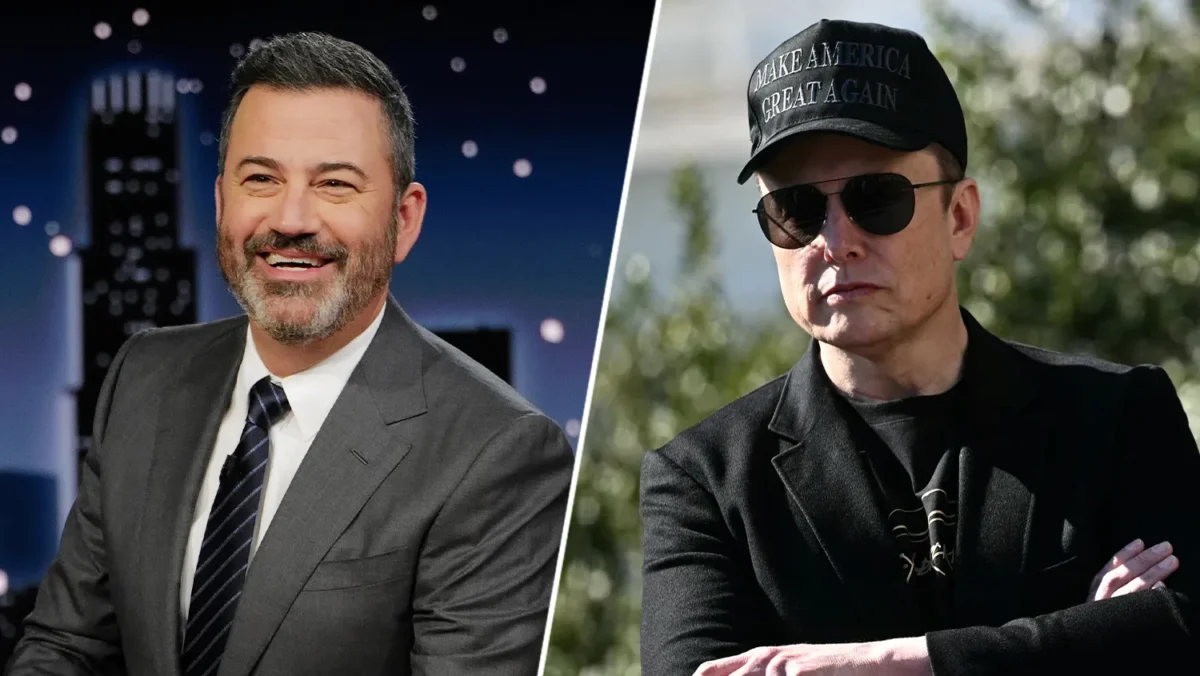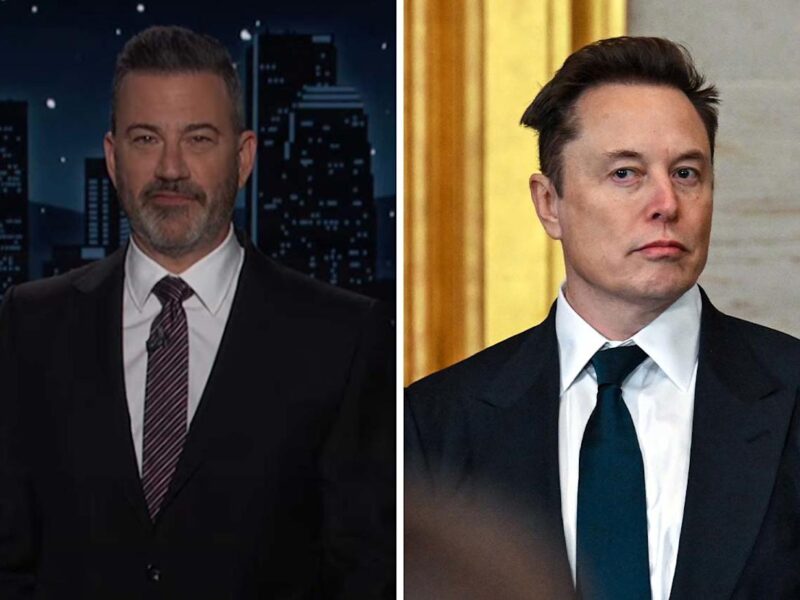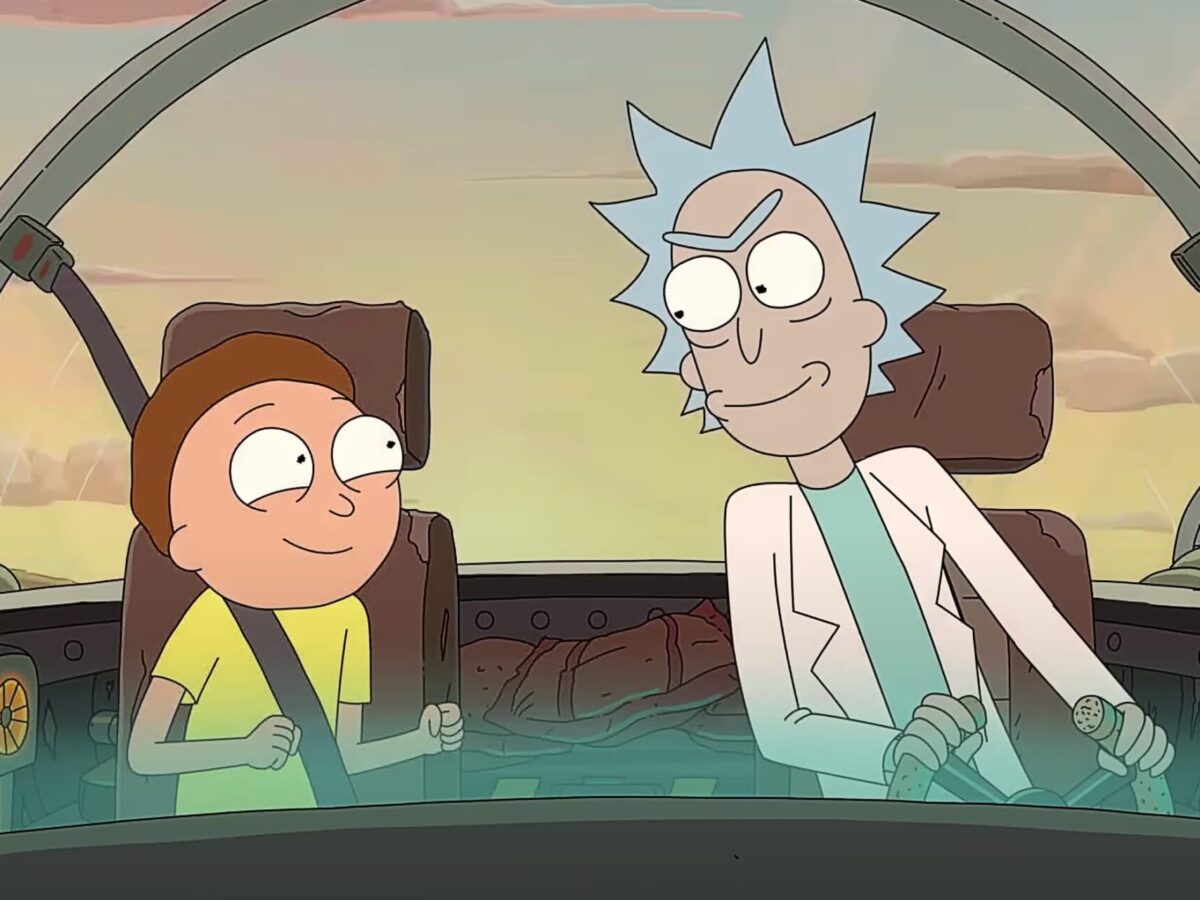With the Tesla brand navigating stormy waters—amid plummeting stock prices, widespread vehicle vandalism, and a massive Cybertruck recall—Elon Musk has added another headline to the saga: a public jab at late-night host Jimmy Kimmel. The feud flared on social media following a segment on Jimmy Kimmel Live where the host mocked Musk’s current troubles, prompting Musk to retaliate on X, formerly Twitter, branding Kimmel a “such an unfunny jerk.”
While celebrity feuds are nothing new, this particular clash brings together political satire, corporate drama, and the unpredictable chaos that often follows Elon Musk. At the heart of it lies a country grappling with tech idolization, late-night comedy’s fading power, and a billionaire unwilling to laugh at himself.
Musk and the Meltdown: Tesla in the Hot Seat
Elon Musk, who currently holds the dual titles of X CEO and White House advisor under Donald Trump, is facing growing scrutiny over Tesla’s recent performance. According to Deadline, the company has issued a recall affecting over 46,000 Cybertrucks due to faulty cosmetic panels. On top of that, Tesla’s stock has nosedived more than 50% since its December peak. The numbers have rattled investors and prompted critics to question the viability of Musk’s leadership, especially as he juggles increasingly politicized roles in the public eye.
It’s not just financial numbers that are burning. Musk recently told Fox News that multiple Tesla dealerships and charging stations across the U.S. have been targeted in acts of arson. “It’s shocking,” Musk said, painting himself as the victim of a politically charged backlash. His comments came after he had repeatedly denied any misuse of power in his current role within the Trump administration, stating, “I’ve never done anything harmful, I’ve only done productive things.”
Yet, for many, the optics of a self-proclaimed innovator simultaneously acting as a presidential advisor and tech mogul are becoming harder to digest. Even industry allies have distanced themselves: Sheryl Crow, for instance, sold her Tesla and redirected the funds to NPR, as a symbolic protest against what she called threats “under President Musk.”
Late-Night Fire: Kimmel’s Jokes Hit a Nerve
The spark that lit the public spat came from Jimmy Kimmel’s latest monologue. As part of his segment on Musk’s shifting persona, the comedian quipped, “Our co-president Elon Musk sent a Space-X vehicle to bring the astronauts back, and when they landed, he fired them immediately upon landing.” The joke, like much of Kimmel’s recent material, plays on the absurdity of Musk’s rising government influence through the so-called Department of Government Efficiency (DOGE)—a fictional nod to Musk’s love of cryptocurrency.
Kimmel followed up with a jab at Tesla’s dwindling value and growing public backlash: “Please, don’t vandalize Tesla vehicles,” he said, raising his eyebrows in mock sincerity, prompting raucous laughter from the studio audience. Musk, notoriously thin-skinned when it comes to satire, wasted no time in responding. On X, he posted, “Jimmy Kimmel is such an unfunny jerk.”
The online insult wasn’t just an ego bruise; it reignited conversations about the role of satire, power, and accountability in a digital age. As The Hollywood Reporter previously noted, Musk’s recurring run-ins with journalists, regulators, and now comedians suggest a pattern of behavior that blurs the line between personal vendettas and public discourse.
A Cultural Fault Line: Power, Ego & Public Opinion
Beyond the one-liners and social media drama lies a bigger question: how should we react when powerful tech leaders take offense at being laughed at? The tension between public personas and comedy isn’t new, but Musk’s situation stands out because of his uniquely hybrid role. He’s not just a CEO; he’s an unelected policymaker, platform owner, and media antagonist—all rolled into one.
For Kimmel, the moment served its purpose: it got laughs and attention. For Musk, it may be a distraction from the more serious concerns threatening Tesla’s future. As noted by NBC Insider, public trust in Musk’s projects is becoming increasingly fractured—especially as the once-unquestioned narrative of the “tech savior” faces hard reality checks in the form of recalls, lawsuits, and now, satirical critique.
In a political climate where comedy has grown more activist and billionaires more brazen, the Musk-Kimmel feud might be more than just celebrity gossip. It could signal a cultural shift: one where audiences and entertainers alike no longer see wealth and innovation as immunity from criticism.
So, what’s next for Tesla and its embattled frontman? Will Musk continue to lash out at critics, or will the pressure—from investors, media, and now comedians—prompt real change? Or maybe, just maybe, it’s time for Elon Musk to do the unthinkable: laugh along.













